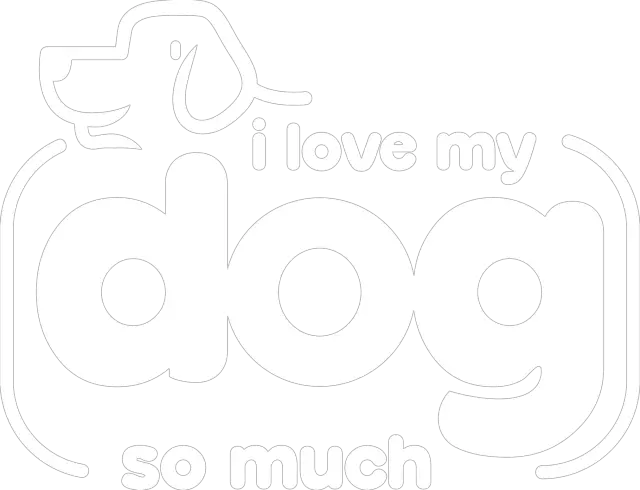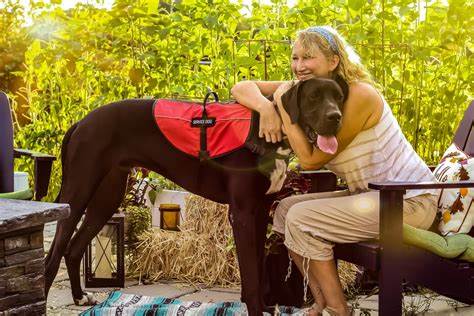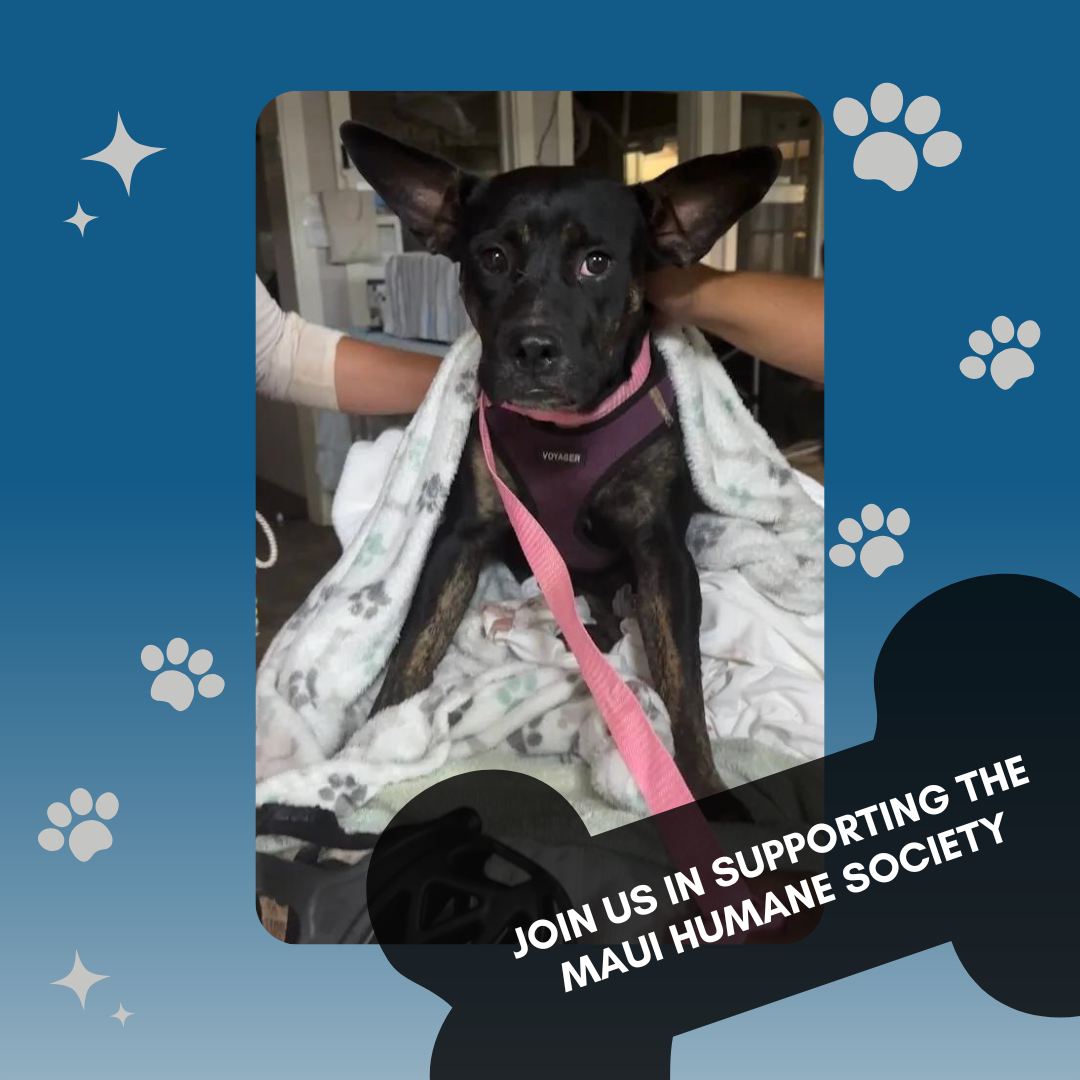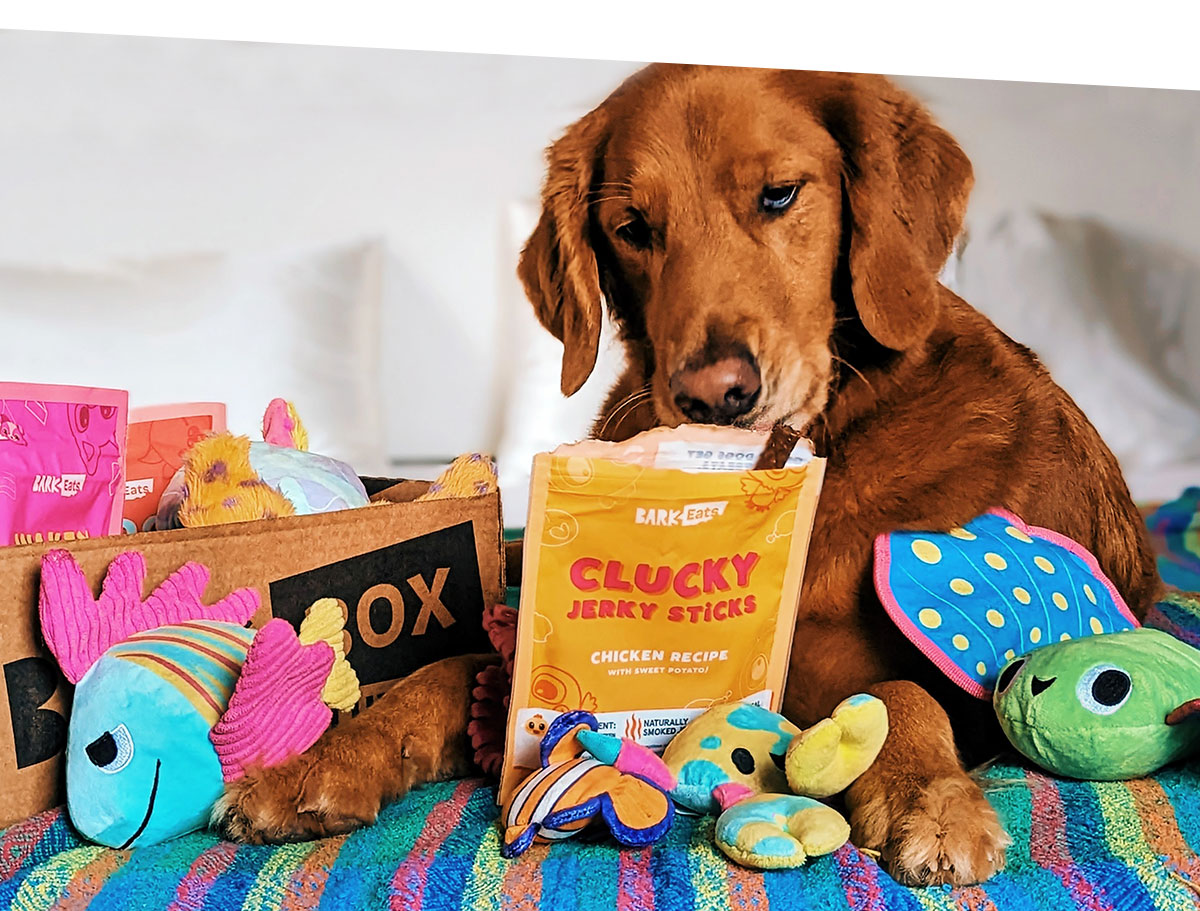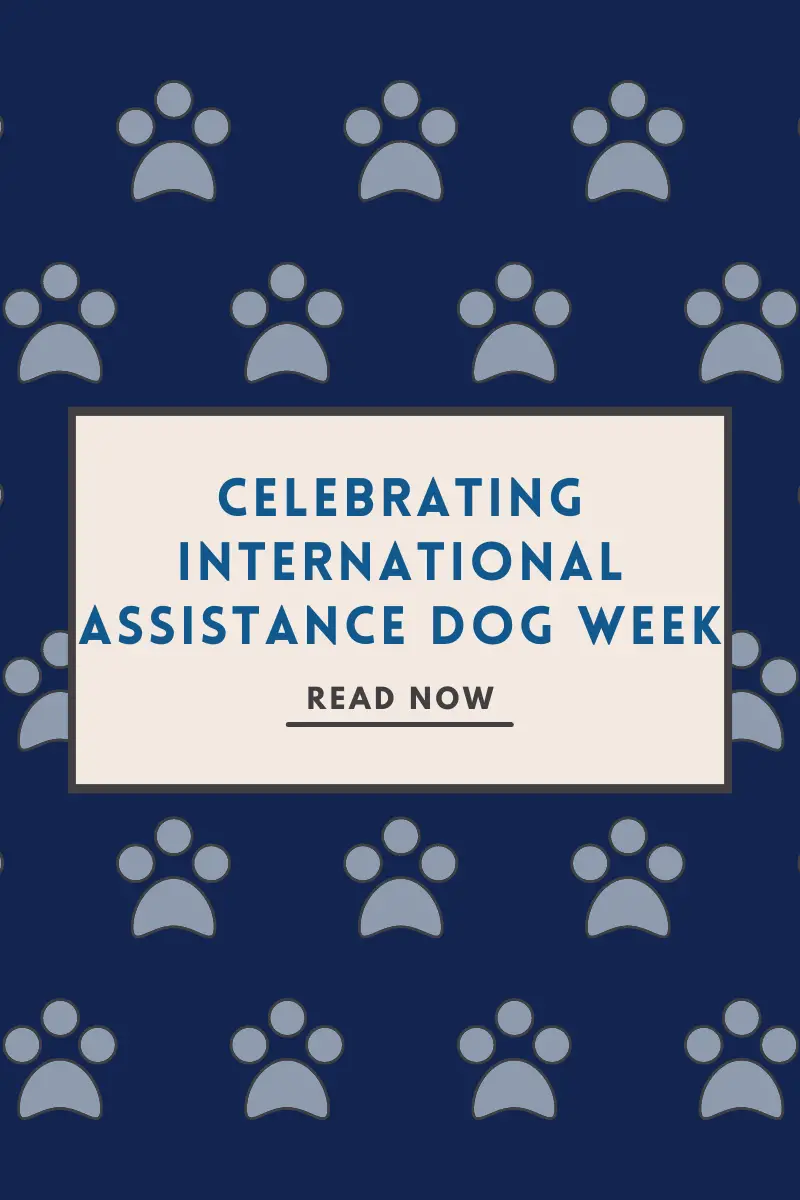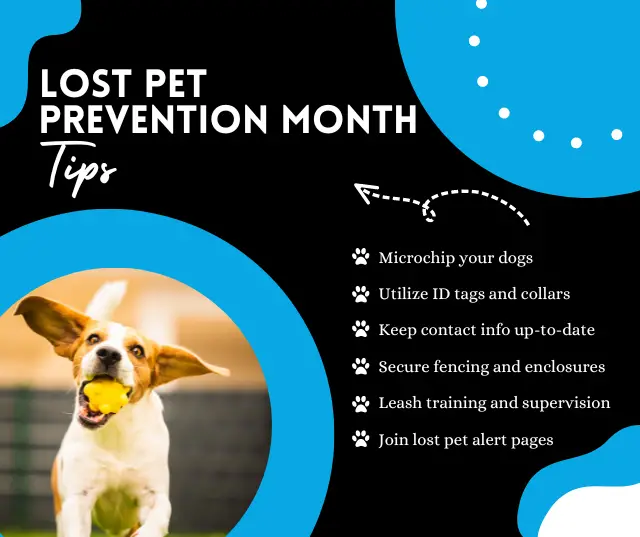Service dogs are an invaluable asset to those with disabilities. They provide physical and emotional support, helping their handlers live more independent lives. But there are some things that service dog handlers want you to know about their canine partners. Here are 10 of the most important:
- My Service Dog Is Working – Service dogs are not just pets; they’re working animals. This means that they should not be distracted or disturbed while they’re performing their duties. If you see a service dog in public, it’s best to leave them alone and let them do their job.
- My Service Dog Is My Lifeline – For many service dog handlers, their canine partner is essential for daily functioning. Don’t underestimate the importance of a service dog in someone’s life; it could mean the difference between independence and dependence on others for everyday tasks.
- My Medical History Is Private – Many people assume that because a person has a service dog, they must have some kind of disability or medical condition that requires assistance from the animal. However, this isn’t always the case and it’s important to respect a person’s privacy when it comes to their medical history.
- I Don’t Always Want To Answer Questions – It can be tempting to ask questions about someone’s service dog, but remember that not everyone wants to answer them or even talk about it at all! Respect a person’s privacy and don’t take offense if they don’t want to answer your questions about their service dog or disability-related needs.
- Not All Service Dogs Are Guide Dogs – While guide dogs are one type of service animal, there are many other kinds as well! Some common types include hearing dogs, mobility assistance dogs, psychiatric service dogs, seizure alert dogs, autism assistance dogs and more!
- I’m Protected By The Law – Under the Americans with Disabilities Act (ADA), people with disabilities who use service animals have certain rights and protections in public places such as restaurants, stores and hotels among others. These laws help ensure that people with disabilities can access public spaces without fear of discrimination or harassment due to their use of a service animal.
- Please Don’t Feed My Dog – It may seem like an innocent gesture but feeding someone else’s pet without permission can be dangerous for both the pet and its handler! A sudden change in diet can cause digestive issues for the animal as well as potential behavioral problems due to changes in routine or diet-related behavior issues such as begging for food from strangers or visitors in public places where food isn’t allowed (e.g., restaurants).
8 . Please Don’t Pet Me Without Permission – Just like feeding someone else’s pet without permission is dangerous, so is petting them without permission! Even if you think your intentions are good by offering affectionate gestures towards a stranger’s pet, please remember that these animals may have specific training routines which could be disrupted by unexpected contact from strangers or visitors in public places where pets aren’t allowed (e..g., stores).
9 . I’m Not A Substitute For Human Interaction – While having a service animal can provide companionship and emotional support for its handler, it should never replace human interaction altogether! It’s important for people with disabilities who use service animals to maintain meaningful relationships with friends and family members who understand their needs and limitations so they don’t become too reliant on their furry companion(s).
10 . I’m Not A Cure-All – Finally, it’s important to remember that having a service animal doesn’t automatically make everything better for its handler! People with disabilities still face challenges every day despite having an extra set of paws around; however having a loyal companion by their side can certainly make things easier on bad days when life feels overwhelming or difficult due to physical/emotional limitations caused by disability-related conditions/symptoms/etc..
These are just some of the things that service dog handlers want you to know about their canine partners; however there is much more information out there if you’re interested in learning more about how these amazing animals help improve quality of life for those living with disabilities!
